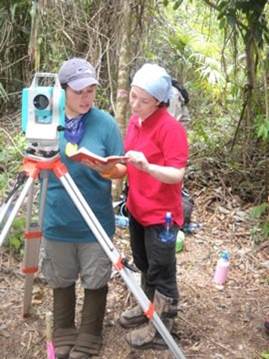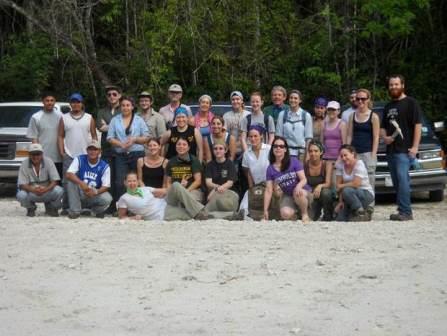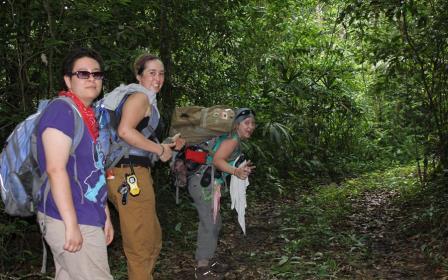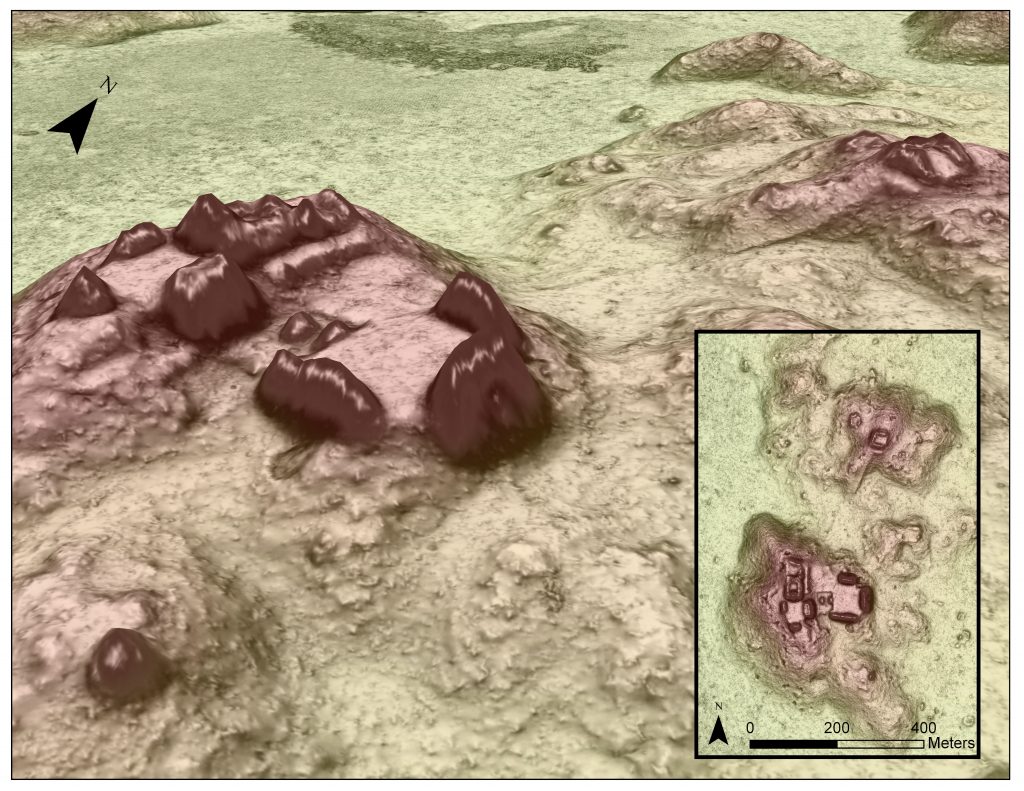Fieldwork
This listing expired on June 1, 2019. Please contact mc479@humboldt.edu for any updated information.






Location: Blue Creek, OW, BZ
Season: May 24, 2020 to June 21, 2020
Session Dates: May 24 - June 21 2020
Application Deadline: March 7, 2020
Deadline Type: Rolling
Program Type:
Field School, Volunteer
RPA Certified:
No
Affiliation:
Humboldt State University
Project Director:
Marisol Cortes-Rincon,Ph.D.
Project Description:
The HSU volunteer programs works under a permit issued from the Institute of Archaeology to Dr. Fred Valdez, Director of the Programme for Belize Archaeology Project (PfBAP). The project area of the Programme for Belize Archaeology Project (PfBAP) is in northwestern Belize on land owned by the Programme for Belize, a Belizean controlled non-profit organization. PfBAP research focuses on the Rio Bravo Conservation and Management Area, a nature reserve of more than 250,000 acres. The research area is home to a great variety of neotropical wildlife, including many birds and monkeys.
Field work requires physical labor, great sense of humor, and a good attitude. You will be required to learn about Belizean cultures, Maya archaeology, and cultural sensitivity, among other things. You will be required to attend field school meetings, lectures, to spend many hours in the field taking part in field survey and/or excavations.
This program has two major interrelated themes. The first theme will be an examination of Belizean cultures via an anthropological viewpoint. Cultural anthropology is one of the four main areas of study within the discipline of anthropology. Students on this program will study modern Belizean life ways, the sociocultural history of the country, verbal traditions, and the impact of tourism and development, among other things. On this program, students will also become well-versed in cultural sensitivity and intercultural communication. The second theme, archaeology, includes practical training in field techniques and classes relating to archaeology and settlement studies. Archaeology is the study of ancient cultures through the analysis of material cultural remains.
This field school will serve as an introduction to the basic methods and techniques used in material cultural analysis, and provide an excellent opportunity for hands-on learning for the students. Students will make observations of archaeological finds and learn associated field techniques. Learn archaeological techniques, visit ancient ruins.
The field school dates are May 24 to June 21. See the attached PDF for our field goals and where we will be staying.
Check out the program’s Facebook for more information: https://www.facebook.com/HSU-Dos-Hombres-to-Gran-Cacao-Archaeology-Project-856083204450736/?ref=bookmarks
To apply as a STUDENT, go to this link:
https://humboldt-international.terradotta.com/index.cfm?FuseAction=Programs.ViewProgram&Program_ID=14202
To apply as a VOLUNTEER, fill out the Google Form below:
https://docs.google.com/forms/d/e/1FAIpQLSdVipjBmDfsppMn5OIT2ppnNkG_1q3y…
Period(s) of Occupation: Late Preclassic, Early/Late Classic; Terminal Classic
Notes:
archaeology, field research, survey, LiDAR, remote sensing, photogrammetry, Maya Archaeology, Mesoamerican archaeology, household, and settlement studies.
Project Size: 1-24 participants
Minimum Length of Stay for Volunteers: 1 week
Minimum Age: 18
Experience Required: None, just a good attitude and sense of humor.
Room and Board Arrangements:
Program costs paid by students cover the cost of housing at PfBAP. Humboldt State University field school students will stay in the R.E.W. Adams Research Facility (the archaeology camp) in combination with other field schools (i.e. other field school students) from across the country. They will have a chance to meet students from other universities that will be conducting research on other sites in the program area. Other field schools will be from other universities including Texas, Illinois, Massachusetts, California, and possibly Europe. The R.E.W. Adams Research Station is a field camp located in the heart of the tropical rainforest. Facilities include a dormitory, kitchen, latrine, laboratory, and tent platforms. While at R.E.W. Adams Research Facility, students will stay in dormitory style cabin. The dormitory has eight rooms, with two bunk beds in each room. Each room will be occupied by four students. Males and females have separate rooms. Students also have the option of staying in tents. Each tent will be occupied by two students. Mattresses and/or foam sleeping pads will be provided. Students are responsible for bringing linens, pillows, and mosquito netting. Check out the program's Facebook website for more information: https://www.facebook.com/HSU-Dos-Hombres-to-Gran-Cacao-Archaeology-Proje... Cost:
Academic Credit:
0-4 (independent study or supervised research units) credits offered by Humboldt State University. Tuition is .
Marisol Cortes-Rincon
1 Harpst Street
Arcata
CA
95521
USA
Phone: 707-822-4335
Fax: 707-826-4418
The AIA is North America's largest and oldest nonprofit organization dedicated to archaeology. The Institute advances awareness, education, fieldwork, preservation, publication, and research of archaeological sites and cultural heritage throughout the world. Your contribution makes a difference.
Notifications